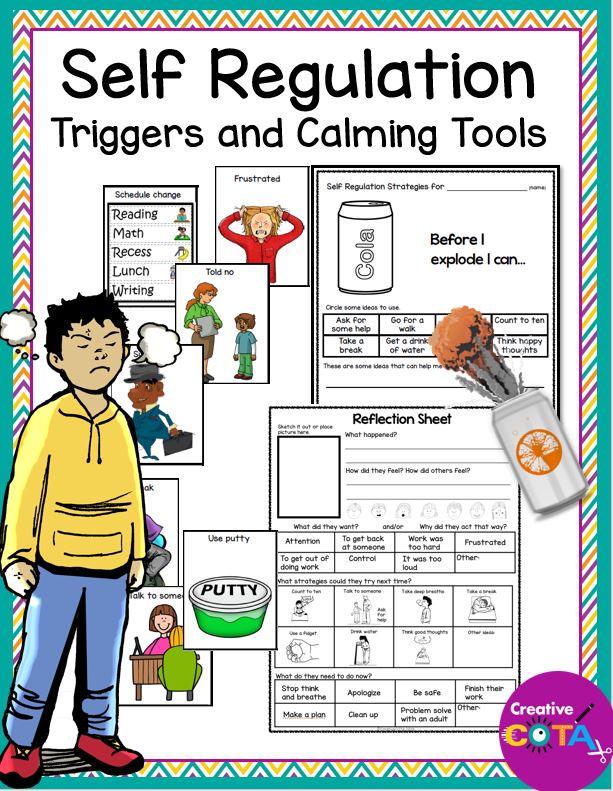How to Improve Impulse Control in Children
Impulse control is an essential skill for children to develop. It involves the ability to inhibit one’s actions and wait until a more appropriate time. For example, waiting until they are calm to prevent acting impulsively. Educators, therapists, and parents can learn some simple tips on how to improve impulse control in children.

This skill is so important because it helps children make better decisions about what they can and cannot do. For example, if a child has good impulse control, he or she may be able to resist the urge to hit another child when feeling frustrated or angry. Or perhaps choose healthier foods over junk food. Impulse control is shaped through a complex interplay of biological factors and social experiences.
What Does the Research Say on How to Improve Impulse Control?
Impulse Control and Eating
Did you know that various factors including impulse control can influence a child’s eating choices. Limited after school screen time may help children to learn how to improve their impulse control. One recent research study discovered that sedentary screen time influenced impulse control. The screen time was associated with significantly decreased response inhibition and a reversed brain activation pattern. This occurred when the children looked at pictures of high- and low-calorie foods compared to active play.
The researchers concluded that after sedentary screen time children displayed decreased attention and impulse control. This was especially noticeable when it came to eating. Encourage your children to participate in active play after school to avoid impulsive decisions (Efraim et al, 2021).
Impulse Control and Motor Skills
Did you know that children who were born before 37 weeks of gestation may have weaker impulse control from birth all the way into the teenage years?
A recent study indicated that training motor skills in these children helps even when they are older. Their research showed that the greater the deficit in motor skills, the more limited the impulse control in the children born very preterm.
The researchers concluded that targeted motor skills training could also reduce cognitive limitations in preterm children ( Ludyga et al, 2021).
Tips for How to Improve Impulse Control
Work with children to develop strategies and suggestions to help them learn how to improve impulse control. With the child, create a list of situations where the child does not exhibit appropriate impulse control.
Ask the child to self-reflect on previous situations. Can they think of action steps of how they can react differently the next time that situation occurs? Expand their thinking and discuss similar expereinces that might require more self control and how they can respond appropriately.
This Self Regulation Triggers and Calming Tools Resource is ready to go to help your students succeed. It is an emotion and self regulation, self control resource which can be used to support your emotional regulation lessons.
It includes pictures, activities and worksheets that can be used to teach about triggers, unexpected & expected behavior as well as, calming strategies and tools. These are important for all students to be successful in school and life. FIND OUT MORE HERE.
Read more on Impulse Control Strategies for Students
Check out this FUN Impulse Control Game for Kids
References for How to Improve Impulse Control
Efraim, M., Kirwan, C. B., Muncy, N. M., Tucker, L. A., Kwon, S., & Bailey, B. W. (2021). Acute after-school screen time in children decreases impulse control and activation toward high-calorie food stimuli in brain regions related to reward and attention. Brain imaging and behavior, 15(1), 177-189.
Ludyga, S., Pühse, U., Gerber, M., Mücke, M., Lemola, S., Mori, A. C., … & Weber, P. (2021). Very preterm birth and cognitive control: the mediating role of motor skills and physical fitness. Developmental cognitive neuroscience, 100956.




